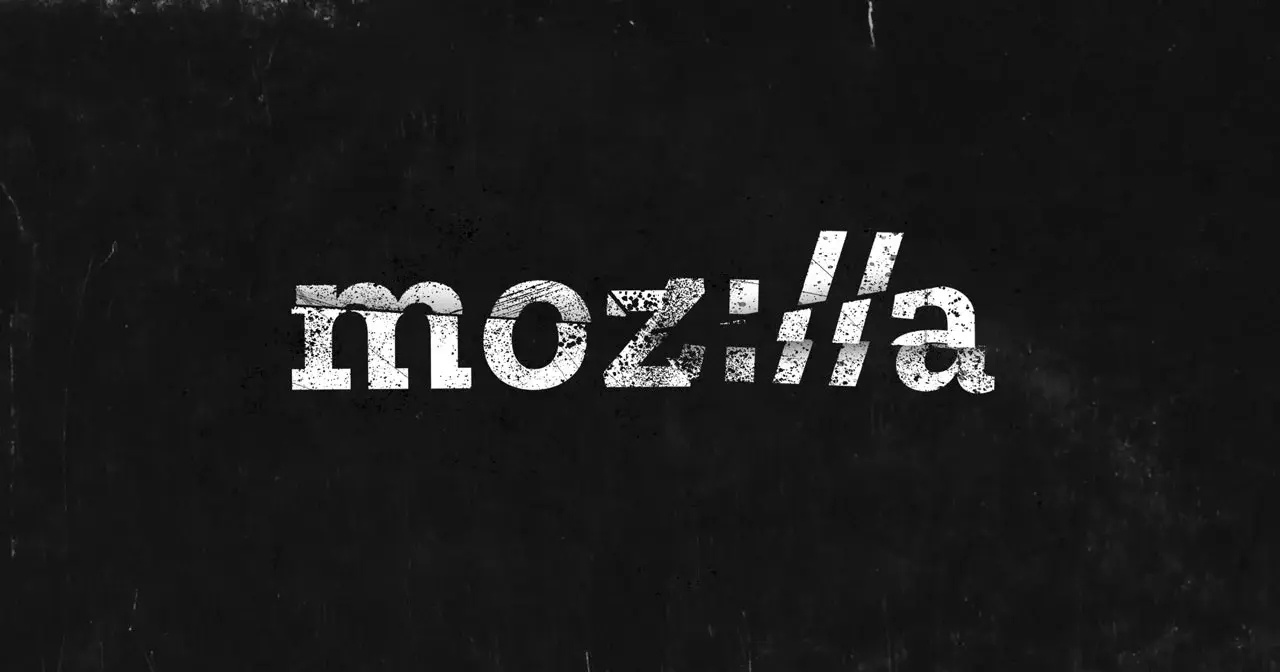- cross-posted to:
- news@lemmy.linuxuserspace.show
- technology@lemmy.zip
- cross-posted to:
- news@lemmy.linuxuserspace.show
- technology@lemmy.zip

Yeah, this sucks.
It seems like it was killed by litigation by Google:(

This should be pretty much impossible to replace short-term without resorting to Google. Building a database that maps routers, cell towers and more to coordinates from scratch takes a lot of time I imagine.

Not sure if that is the kind of stuff that could be merged with OpenStreetMap’s dataset.

Why not? Harder translations are made between file formats.

I’m sure it can be done technically, not sure if that would fall within the OSM mission though.

I would say that it’s not hard to replace. I mean, all you need is an app that regularly dumps GPS data and a list of signal strengths from radios that broadcast unique IDs to start building out a database.
What’s hard is doing one that is as complete and accurate as Google’s, because Google is hoovering up data from most cell phones about the location of a lot of devices.

You are glossing over a lot of infrastructure and development, when boiled down to the basics you are right. So it is basically a question of getting enough users to have that app installed. Which is not impossible given that we do have initiatives like OpenStreetMap.

The crowdsourcing part is what I meant. And you probably underestimate infrastructure as well.
This also isn’t something you can just let a few volunteers do once and forget about it. It needs to be something that people run often on their phones. Wi-Fi access points change, cell towers sometimes change. You need to keep this data up-to-date. With Google’s or Apple’s location service, when a person buys a new router, it’s probably added to the database within hours or days at worst.

I just happened to come across an fdroid app that does this

Patent infringement claims in 2019 saw Mozilla reach a settlement to avoid litigation. As part of that settlement it was forced to make changes to MLS that impacted its ability to invest in (commercially exploit?) and improve the service.
Yet another nice thing ruined by IP trolls. It’s long past time we threw software patents into the dustbin of history where they belong.


